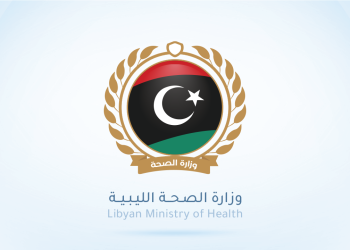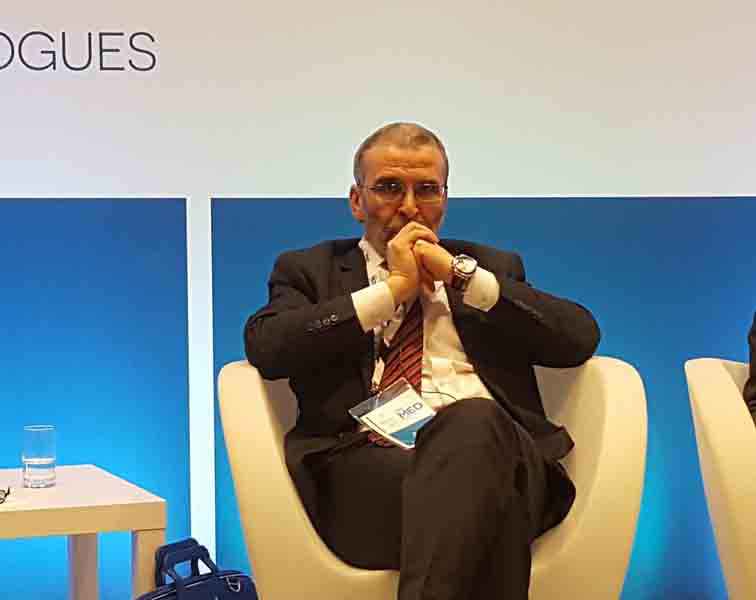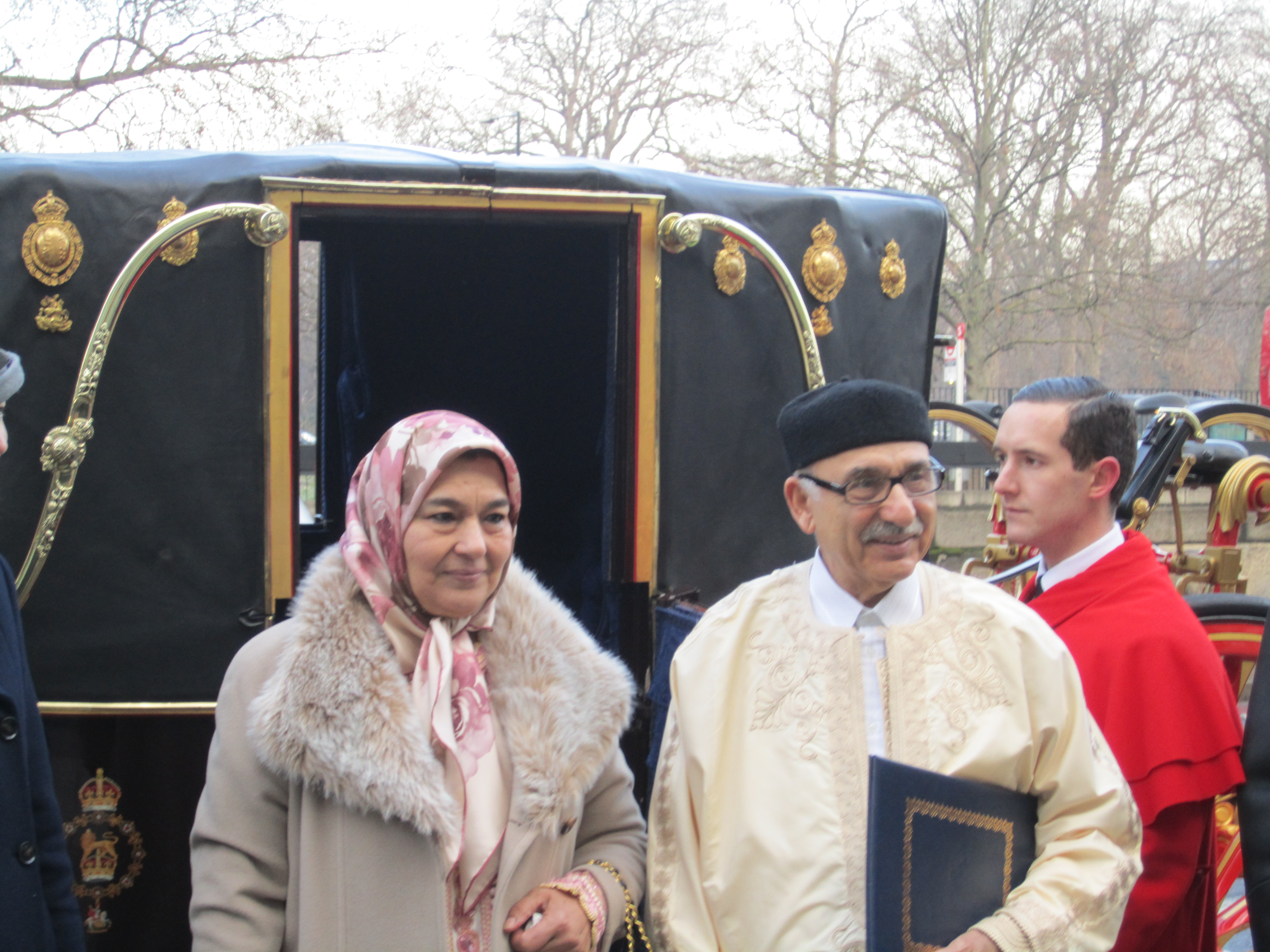Tripoli, 12 December:
The two-day conference on truth-seeking and reconciliation in Libya — “Truth and Reconciliation in Libya: the Way Forward” — which opened . . .[restrict]in Tripoli today saw Libyan officials and activists meeting with experts from both Libya and abroad.
Libyan Justice Minister Salah Marghani, Deputy Head of the Fact-Finding and Reconciliation Commission Hussein Yaseer, GNC member Amina Al-Megheirbi, and Libyan activists as well as experts from South Africa, Peru and Tunisia attended the opening session.
The event was organised by the Fact-Finding and Reconciliation Commission and the Human Rights Committee of the General National Congress, in partnership with the United Nations Support Mission in Libya (UNSMIL) and the UN Development Programme (UNDP).
The participants are discussing the relevance and challenges of truth-seeking, the role of victim groups as well as the legal and institutional framework required for truth-seeking. The conference is also looking at the role of the Fact-Finding and Reconciliation Commission and that of tribal leaders in reconciliation.
In an address, Special Representative of the UN Secretary-General for Libya Tarek Mitri noted the increased interest of the new authorities in national reconciliation and the civil society’s eagerness for launching the process without delay.
“Reconciliation is necessary for establishing security and launching human development,” Mitri said. “This process, if managed well and without haste or partisanship, can set the broad lines of a new social contract, which is the cornerstone of the new constitution.”
He stressed that seeking the truth and justice and moving down the path of reconciliation was not a call for amnesty for past crimes but rather a call to combat the tendency towards revenge and collective punishment. All Libyans, he said, could benefit from experiences of other countries which had gone through similar circumstances.
Mitri added the United Nations would continue to offer assistance at the Libyans’ request. “Continuously reminding of the importance of reconciliation and contributing to providing favourable conditions for it are at the heart of our duties as a United Nations mission tasked with providing support for Libya in its democratic transition.” [/restrict]








